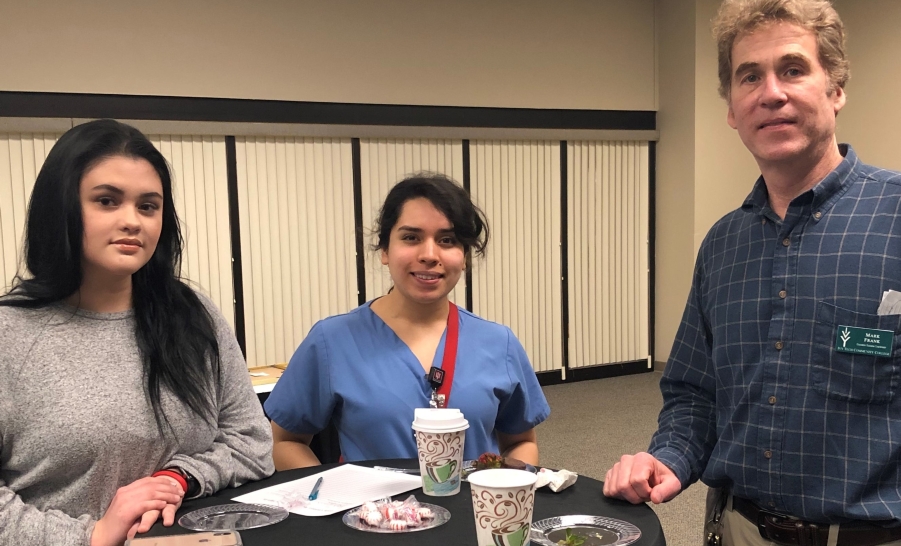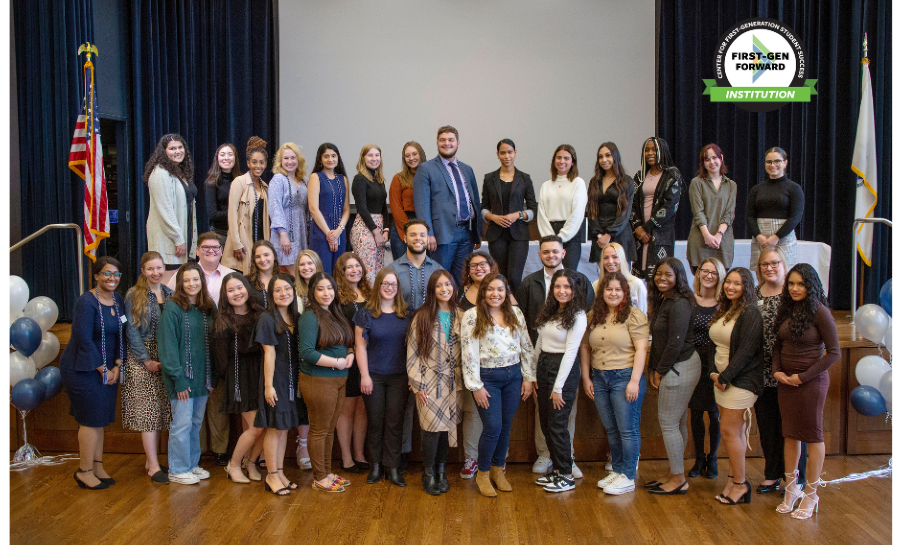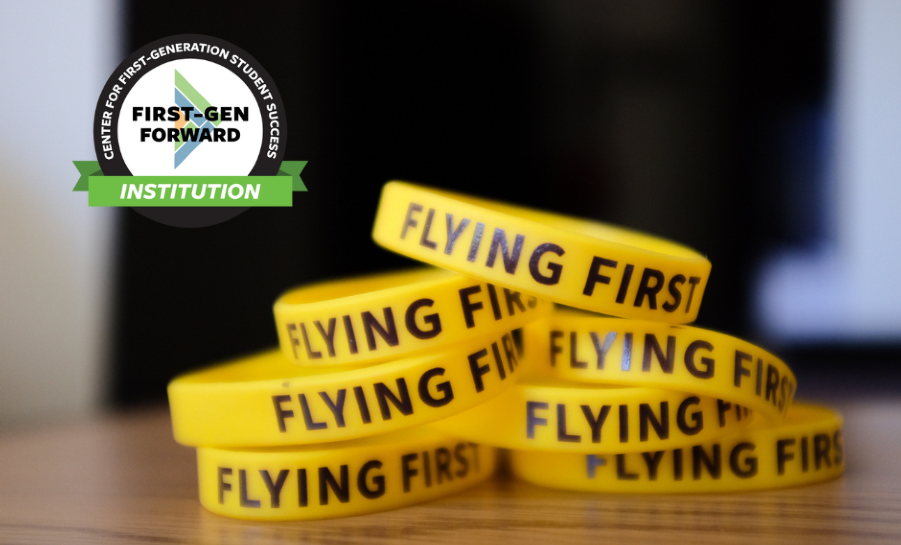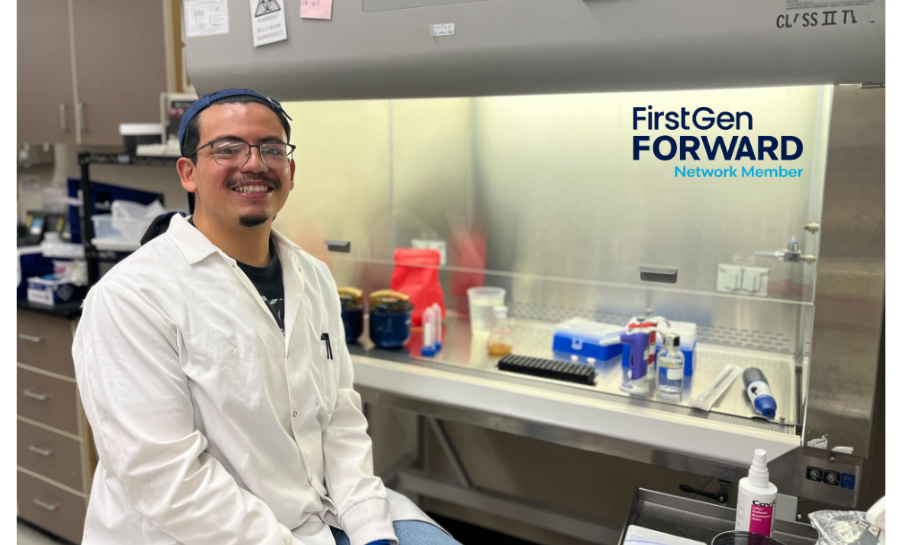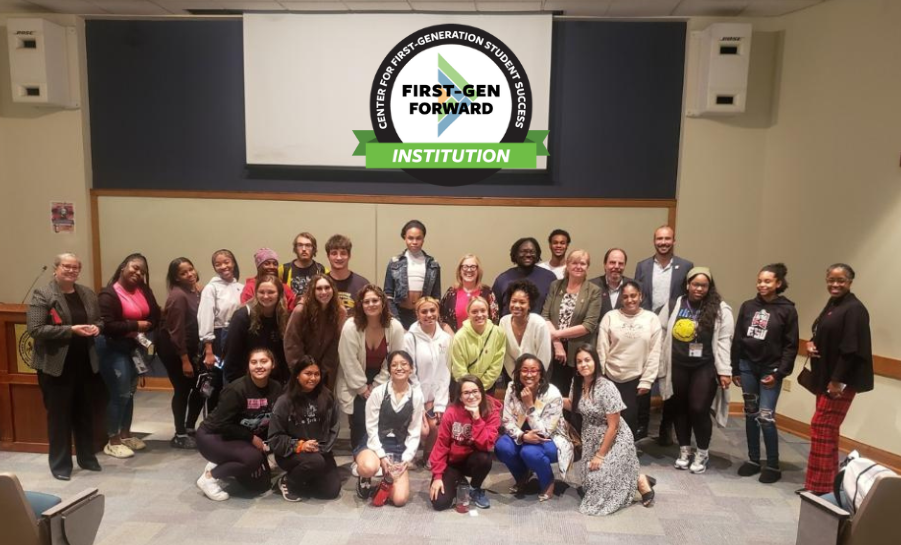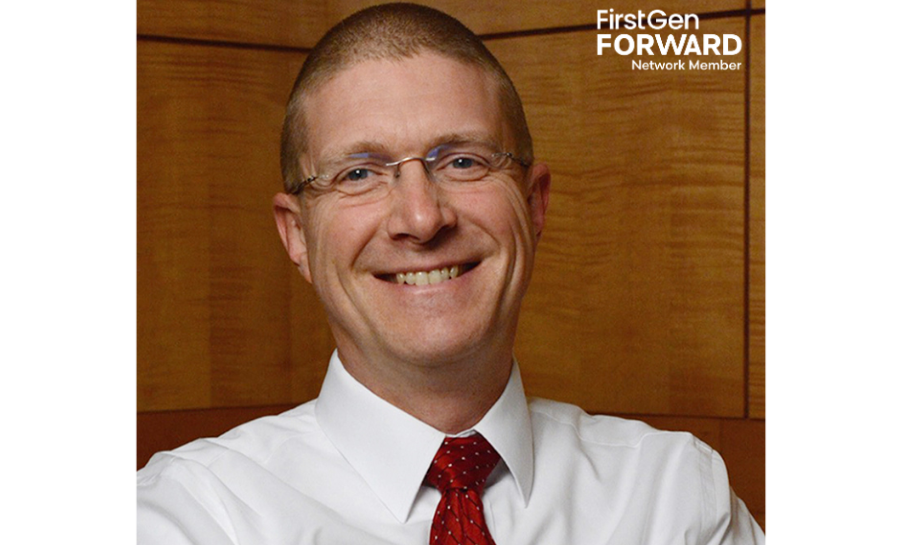In Support of the Black First-generation Community
FirstGen Forward / July 20, 2020

If you have not already, we welcome you to review the NASPA Statement About Racial Violence issued in early June 2020 in response to the ongoing instances of racialized violence and police brutality plaguing our country. We understand that this continued to be a mentally and emotionally trying time. As we look toward a new academic year, the Center would like to uplift our Black first-generation students, staff, faculty, administrators, and service workers at institutions of higher education across the nation and celebrate their tremendous contributions.
The Center for First-generation Student Success, an initiative of NASPA and The Suder Foundation, stresses our vehement stance against anti-Black racism. At NASPA, we pride ourselves in fulfilling the promise of higher education through advocating for student success; promoting equity, inclusion & social justice; creating research & scholarship; and delivering professional development & engagement. In particular, the Center is specifically committed to advancing the success of first-generation college students, many of whom are Black, through advocating for greater access to educational opportunity and systemic change.
It is all of our responsibility to create a safe, equitable, and welcoming environment where Black first-generation students, staff, faculty, administrators, and service workers, are seen and supported as equitably contributing members to the institution and community. We acknowledge the oppressive systems inherent in higher education and commit to advancing efforts that remove systemic barriers to success for Black first-generation students and those who work within higher education. We are currently shaping priorities for better serving the Black first-generation community as part of a continued strategy of action.
In our commitment, we also encourage the higher education sector to consider the following:
- Identify opportunities for growth within our own communities and confront injustices.
- Consider new or existing campus and community partnerships to advance dialogue and promote understanding.
- Assess and address where systemic inequalities may exist and take the opportunity to confront those practices, particularly those surrounding response to police brutality, racialized violence, and unconscious/implicit bias.
- Determine where resources can grow to support those experiencing and dealing with racial trauma, increasing social justice knowledge and civic engagement, as well as workshops focused on un-learning.
- Review existing student policies and ensure they are both equitable and fair for all students, especially Black first-gen students.
- Increase accessibility and visibility of holistic support offerings and tailor approaches to meet the unique needs of Black first-gen students.
While this list is not inclusive of all opportunities, it is a place to start.
Recently, a number of talented scholars and practitioners launched The Black First-gen Collective. The Collective seeks to examine and elevate the experiences of Black first-generation students. The Center recently partnered with The Black First-gen Collective to publish Black First-generation Students Matter: A Call to Action that includes important information, resources, and readings you may find useful as well as contact information to engage directly with The Black First-gen Collective.
To support continued learning, we have identified a few NASPA-related resources for your review:
- Black First-generation College Student Matter: A Call to Action
- First-generation Student Success: A Landscape Analysis of Programs and Services at Four-year Institutions
- National Data Fact Sheets on First-generation College Students
- NASPA’s Inclusion Resources
- NASPActs
- NASPA Civic Engagement Initiatives
- NASPA Issue Guides for Deliberative Dialogue
- NASPA African American Knowledge Community
- NASPA Campus Safety and Violence Prevention Knowledge Community
- NASPA Civic Learning and Democratic Engagement Knowledge Community
- NASPA MultiRacial Knowledge Community
- NASPA Socioeconomic and Class Issues in Higher Education
Of the utmost importance is the safety and well-being of Black first-generation students, staff, faculty, administrators, and service workers. If there are ways the Center can support you and your work, let us know via email at [email protected].
